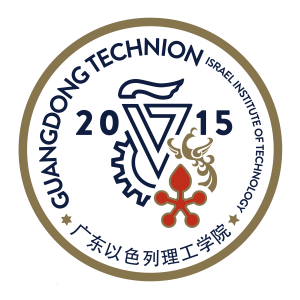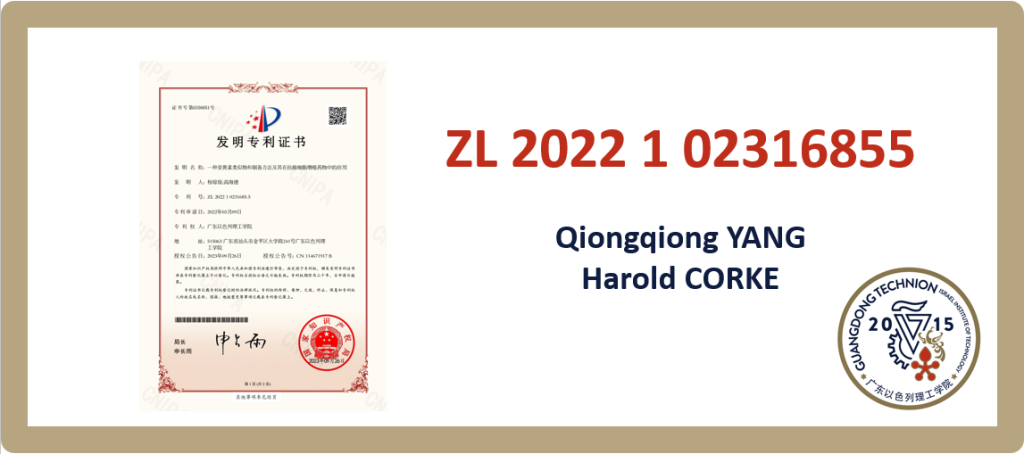ZL 2022102316855 – A Curcumin Analogue and Method of Preparation and its Application in Anti-cancer Cell Proliferation Drugs
Researchers: Qiongqiong YANG, Harold CORKE
Categories: Medical
Jurisdiction: China
Current status: Granted
Basic Information
Academics have attempted various approaches to enhance the efficacy of curcumin-based molecules and curcumin delivery systems as anticancer agents. Among them, the development of new drugs based on curcumin is an active research field.
The invention synthesizes a series of novel ferrocene-substituted semi-curcumin analogs that are different from ferrocene flavonoids (representative compounds 1-4).
Innovation
The synthesis route is simple and easy to implement, and the intermediate has high atom economy. Incorporating ferrocene into curcumin analogs plays an important role in improving cytotoxicity. Some compounds show enhanced anti-proliferative activity on human breast cancer cell lines. Among them, compound B7 shows the best anti-proliferative effect on MCF7 cells. The IC50 value is 0.334μM, which is 16.8 times and 7.34 times higher than curcumin and cisplatin respectively. The selectivity ratio of compound B7 to normal human foreskin fibroblasts (HFF) and human breast cancer cells (MCF7) was 11.2 times that of curcumin, indicating that B7 may be less toxic than curcumin. Compound B7 effectively inhibits cancer metastasis (proliferation, migration, invasion and colony formation), depolarizes the mitochondrial membrane potential, induces ROS production, and induces cell cycle arrest in the G2/M phase.

